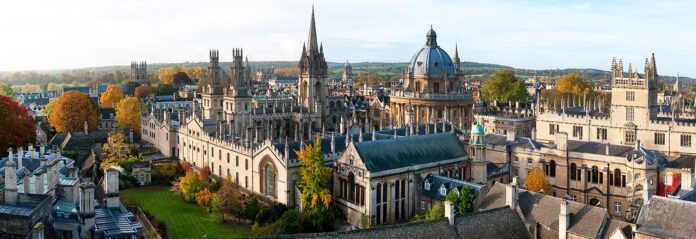Situated in Oxford, England, the University of Oxford is among the most esteemed and ancient academic institutions globally. Being among the oldest colleges in the English-speaking world to still be in continuous operation, its origins date back to the 11th century.
The following are some salient features of the University of Oxford:
History: The University of Oxford has a long and illustrious past that begins at least in 1096, when education was first introduced. Its exact establishment date is unknown, but under the direction of renowned scholars, it expanded quickly in the 12th century. Pope Nicholas IV granted it an official charter in 1254.
Collegiate System: Oxford University has a distinctive collegiate system that consists of six permanent private halls and 39 colleges. Within the university, these schools are autonomous, financially self-sufficient organizations with separate assets and revenue streams. Students are members of the college as well as the university.
Academic Prominence: Oxford is widely recognized for its outstanding academic performance and has maintained a consistent ranking in the world’s top universities. It provides a broad range of graduate and undergraduate programs in the humanities, social sciences, natural sciences, and professional sectors, among other subjects.
Famous Graduates and Faculty: Oxford has produced a large number of renowned graduates and faculty members, including Nobel laureates, international leaders, scientists, authors, and academics. Among the well-known alums are Bill Clinton, Margaret Thatcher, J.R.R. Tolkien, Oscar Wilde, and Stephen Hawking.
Research: The University of Oxford is a preeminent research center that carries out state-of-the-art research in a number of disciplines. Numerous research institutes and centers concentrating on fields like environmental studies, artificial intelligence, medical sciences, and the humanities are located there.
































